|
A Humble Tangent I began this week expecting to continue exploring the positive human qualities I think about when writing for children. As a follow-up to last week's topic of how to help children nurture imagination and creativity, I decided to focus on the idea of humility. However, that discussion must be delayed until next week because, like many times before, my research has led me to a tangent topic I must address: Dictionaries. I know. I know. It sounds boring, unless you love words. And I do love words. Yes, I am a logophile, but hear me out... First, a Definition Once I decided to discuss the idea of humility in children, my next step was to find a formal definition of the word to ensure I used it properly. Most of the time I am correct with what I think a word means , but I always make sure, to save myself future embarrassment in case I'm wrong. So, like just about everyone does today in order to define a word, including students, I Googled it. Before I share the result, let me first emphasize my reason for discussing humility in the first place. It is a trait I would like to encourage in my writing for children because I believe it is an overall positive trait, an endearing quality in all people; young, old, and in between. Now...think about what the word humility means to you. Do you think it's a generally positive or a generally negative trait? Here is Google's definition of humility: The main phrase "low view of one's own importance" jumped out at me immediately. Despite the use of the word "modest" (which seems less negative than "low") it struck me as negative in tone and caused me to question my preconceived idea of what humility means. My idea of humility is based on how it has been observed by myself and those around me--family, friends, even literature and media. Of course, this is not objective observation. My opinions are biased due to the very nature of the exercise. I don't remember looking up this word at the age of five, committing the definition to memory, and applying it within the strict rules of the definition. Did I? Second Opinion Because the Google definition jarred me, I decided to get a second opinion. I left my desk and went to our home library where I keep my treasured copy of Webster's New International Dictionary, Unabridged (1947). I purchased this beauty years ago at an indoor flea market for $9. It comes in handy for crosswords, Scrabble, and settling occasional dinnertime debates. Here is the definition of humility according to Webster in 1947: Note the first phrase of the first definition: "State or quality of being humble in spirit". And the second phrase: "freedom from pride and arrogance". They seem to give humility more positive tone, like a quality a person would want to have. And it seems to coincide with my (possibly old-fashioned) definition. Granted, the third phrase: "lowliness of mind" is negative. But to be honest, how many students would look past the first phrase? How many adults? And that is a point that can't be discounted. People want answers fast and brief. Bullet points, numbered lists, incomplete sentences, emojis... So the first few words of a definition are vital. Third, Fourth, Fifth Opinions... With Google offering a negative-toned definition and old Webster giving a positive-toned definition of humility, I needed a tie-breaker. I checked the online resources of Merriam-Webster, Cambridge Dictionary, Dictionary.com (which uses Random House as a main source), and even Urban Dictionary just for kicks. In my opinion, all of these resources seemed to lean a bit toward a more positive definition of humility, at least in their first few words or phrases. Google is not a dictionary unto itself. After a quick search, I discovered that the main source used is the Oxford English Dictionary. It's online title is Oxford Living Dictionaries, and claims to "focus on current language and practical usage." Okay. So one would assume they take pride in being a "modern" dictionary. Noted. If you're curious about how Oxford Dictionaries are created, check out this info-graphic from their website: Most modern dictionaries are descriptive, reflecting how words are actually used versus prescriptive, which offer standards on how words should be used. Prescriptive dictionaries were created in the past to preserve and standardize the English language, but purely prescriptive dictionaries don't really exist today outside of grammar and style guides. (Baker, 2016) Old-fashioned or Anomaly? Perhaps my view of humility is old-fashioned because I read a lot of old books, which formed my opinion. But does the Oxford definition seem negative to me because of my bias against modern definitions? Or is it something else? Then I thought, maybe this one word was an anomaly. I can't base my dislike of a dictionary resource on just one word. So, I went through the same process with humility's antonym, pride: From Google (Oxford) pride From 1947 Webster From Dictionary.com [prahyd] Notice the key words in the first phrases of Google (Oxford): deep pleasure, satisfaction, admired Notice the key words in the first phrases of Webster (1947) and Dictionary.com: inordinate self-esteem, unreasonable conceit, superiority More Questions than Answers I acknowledge that there are multiple entries for the word in each dictionary that give both negative and positive connotations. However, I am focusing on the first entry, because that is the one most people will see and ultimately use. The differences are subtle, but interesting.
I guess I was just surprised that my own notion of the meaning of a word, one I saw as a positive trait, would be defined in a negative light. Especially by such a popular resource. Now that I am aware of the Google (Oxford) philosophy, I will go out of my way to use Dictionary.com (Random House) or Merriam-Webster when searching for definitions. Call me old-fashioned.
And when I'm not feeling lazy, the trusty old 1947 Webster.
1 Comment
|
About meI write novels and poetry and this blog. Categories
All
Archives
January 2022
|
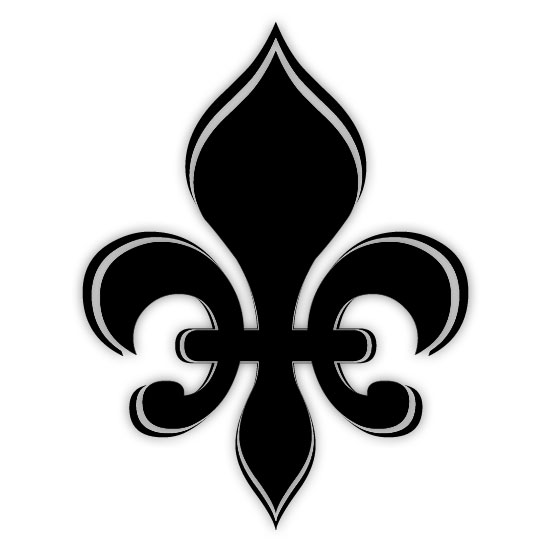
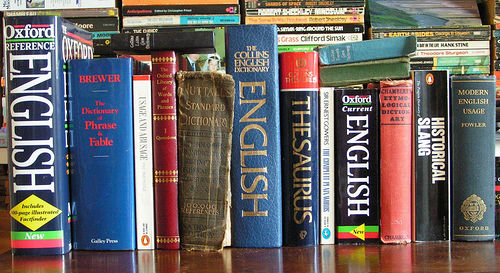
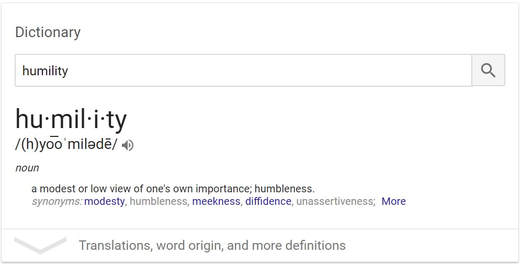
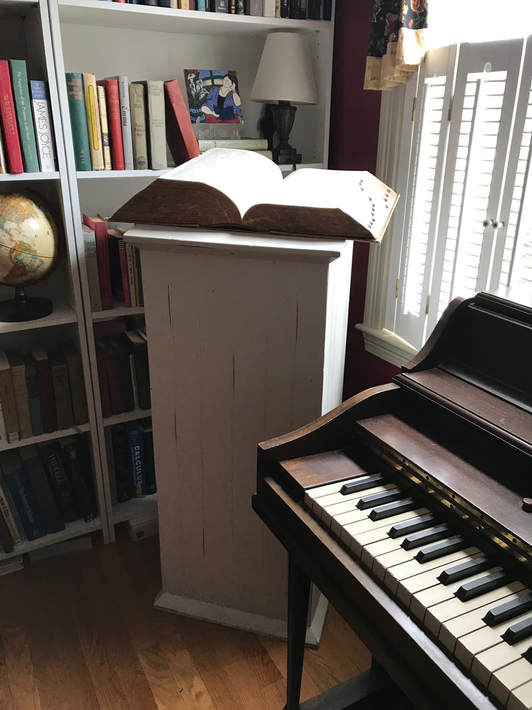
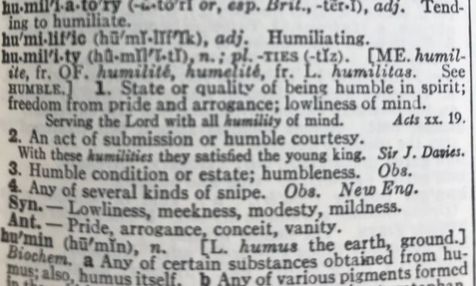
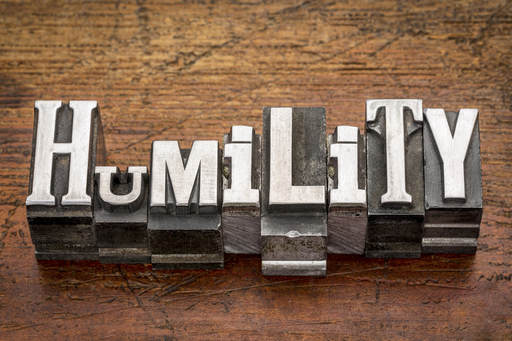

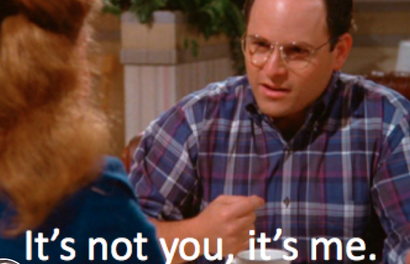
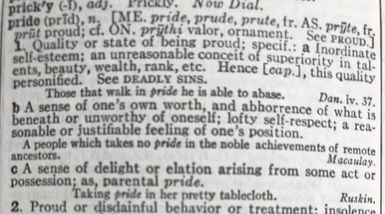
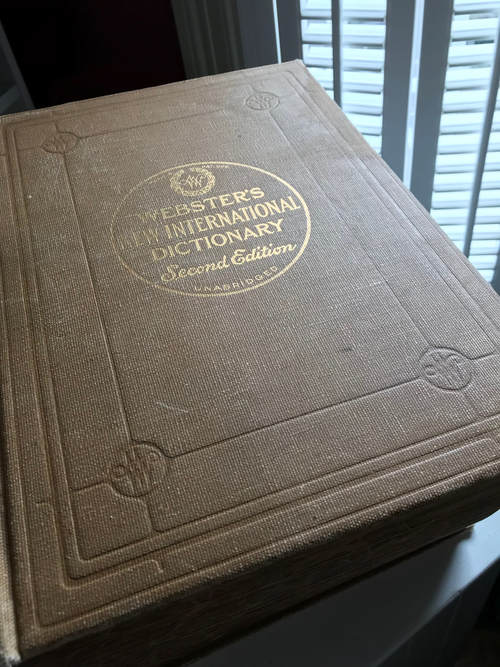
 RSS Feed
RSS Feed
